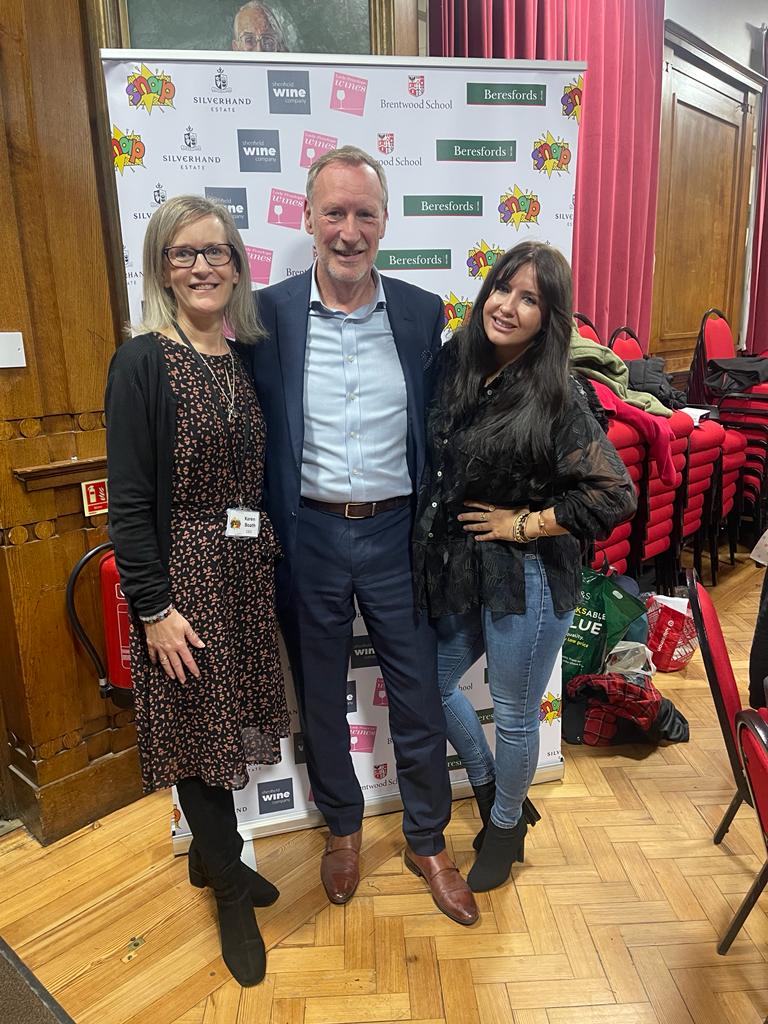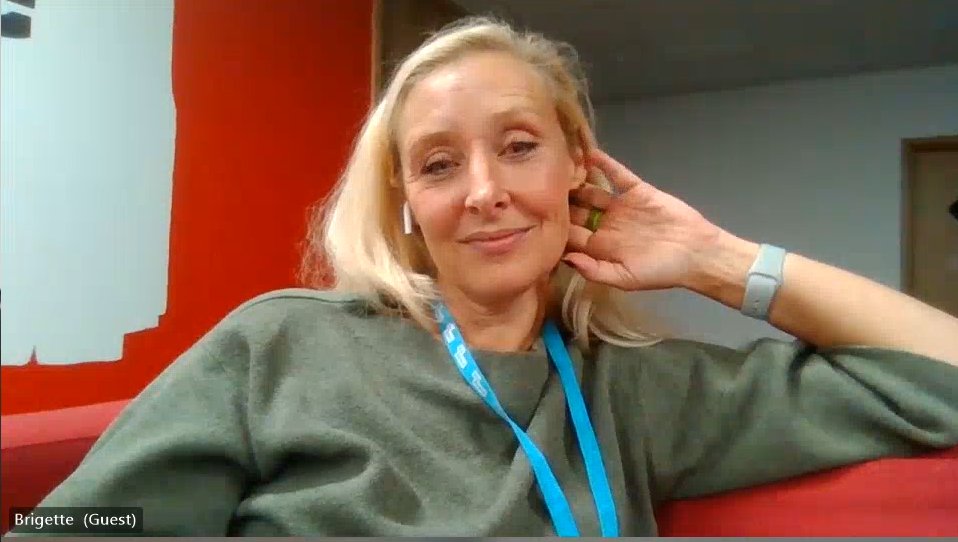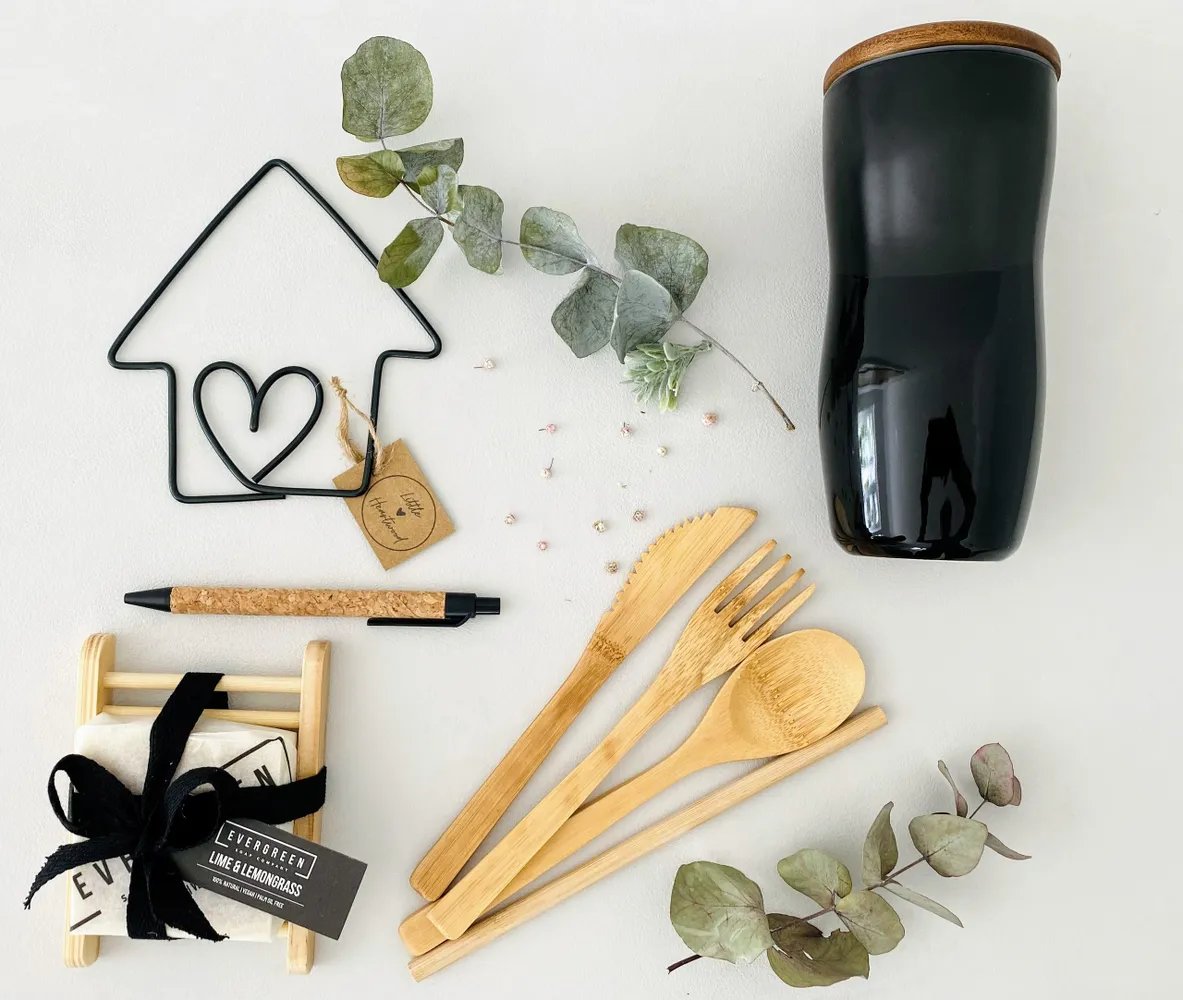Sophie Newbould is a qualified complex projects lawyer, founder of Newboulds Solicitors and presenter of the Owl Hour podcast on Phoenix FM.

Believe in Progress
At a time when there is great and growing needs amongst our local communities (e.g. hungry children, vanishing job market, rising food prices, increasing addictions etc), how do small businesses stand out to win business and support their local economies? My suggestion: develop local sustainability goals and place these at the top of your business priority list.
Businesses that look outwards to solve society problems should have much better prospects for success compared to those that look inwards for self-gain.
The 17 United Nations Sustainability Development Goals (UN SDG) are inspirational, and if we think about how many people across the UK are suffering right now, we can take each UN SDG and see how they can apply to our local communities:
- No poverty
- Zero hunger
- Good health and well-being
- Quality education
- Gender equality
- Clean water and sanitation
- Affordable and clean energy
- Decent work and economic growth
- Industry, innovation and infrastructure
- Reduced inequalities
- Sustainable cities and communities
- Responsible consumption and production
- Climate action
- Life below water
- Life on land
- Peace, justice, and strong institutions
- Partnerships for the goals
As we enter the second wave of widespread Covid-19 infections, the anxiety of many people is likely to become unbearable as they battle coping with life without much help and increasing pressures.
Those who experienced economic downturn during the 2006 credit crunch, would still not have experienced anything like the current economic chaos unfolding before us today.
The obvious underdog in this fight across markets is small business, however, think how much they can gain if they succeed against all odds.
Diminishing customer numbers means that each small business must consider how does my business stand out from the rest? Small business in many ways has the advantage over larger business if owners and managers can adapt fast to fit the ever-changing needs of customers and win new contracts. Be the eyes and ears on the ground, apply local SDGs to communicate and offer customers what they need at the prices they can afford.
Whilst most of us would love to support wider sustainability goals such as the UN SDG, a modest goal of survival sustainability is sufficient to continue helping local communities.
To support survival sustainability here are five tips to get you going:
- Build a resilient business community – no-one can run a successful business alone. Knowing who to go for support, advice, referrals is essential. If you need ideas, try speaking to the Federation of Small Business (https://www.fsb.org.uk/) as a starter for ten, whilst building up your own market specific community.
- Get to know your customers – build relationships with customers that are the difference between whether they come to you to buy or go elsewhere. Be prepared to invest in costs for sales to get the best returns on investment and build those costs into your pricing model for recovery and accurate profit margins.
- Stop all social media distractions – whilst social media has its benefits, it is built to buy your time to go from notification to notification, advert to advert, distraction to distraction. Rather focus on authentic and real relationships for your business than waste time on people who do not know or care about you and your business (don’t be fooled by the emotions that social media is trying to feed you). Digital growth is being sold to us as the only way to succeed and get the lifestyle we want. Do not allow yourself to get distracted by the pull of the giant technology companies and their objectives to win your time and your data. My recommendation: watch The Social Dilemma (https://youtu.be/uaaC57tcci0) for a sobering experience on how giant social tech is sucking the life out of us and our children!
- Invest time in your purpose – wake up each day and tune in to why you started your business in the first place. Plan how you are going to achieve your purpose through your day, your week, your year. Whilst your purpose may change over time, you must not lose sight of why you are doing what you are in daily activities. See your business as the engine taking you on your journey to destination success, and your purpose is the fuel. If the fuel runs out, you will not reach your destination.
- Make a profit – making profit is one of the most challenging parts of business success. If your busines does not make a profit overall, it simply cannot be sustained. Wealth can be defined as the length of time one can be sustained without income. Without profit there is no financial wealth. Loose figures and over-generous favours will also quash any chance of building a sustainable business, especially at a time like this.
Small businesses are part of the UK’s national heritage and identity. If we lose this important part of the UK economy, we lose more than just choice on our high streets (if you still have one) and online. We lose creativity and innovation; we lose great places to work for great people who thrive in independent environments. Who wants to live in an overwhelming tedious corporate goldfish bowl where every high street looks the same, and nobody has a clue how a product is sourced or quality assured?
Small business, small supply chains, greater local and global sustainability. Big business, bigger processes, higher risks to local and global sustainability.
As business owners, we should approach our own businesses with the mindset of the prudent investor. We should ensure that our time, effort, and hard-earned cash investments will pay off within set timelines. We should measure the returns on investment to make sure we recover what we had hoped for. This measure should also include our support for local communities during this challenging period for the world, and the actions your business took to support others will make the difference between survival and much longer-term success.
Sixth tip – persevere.






























